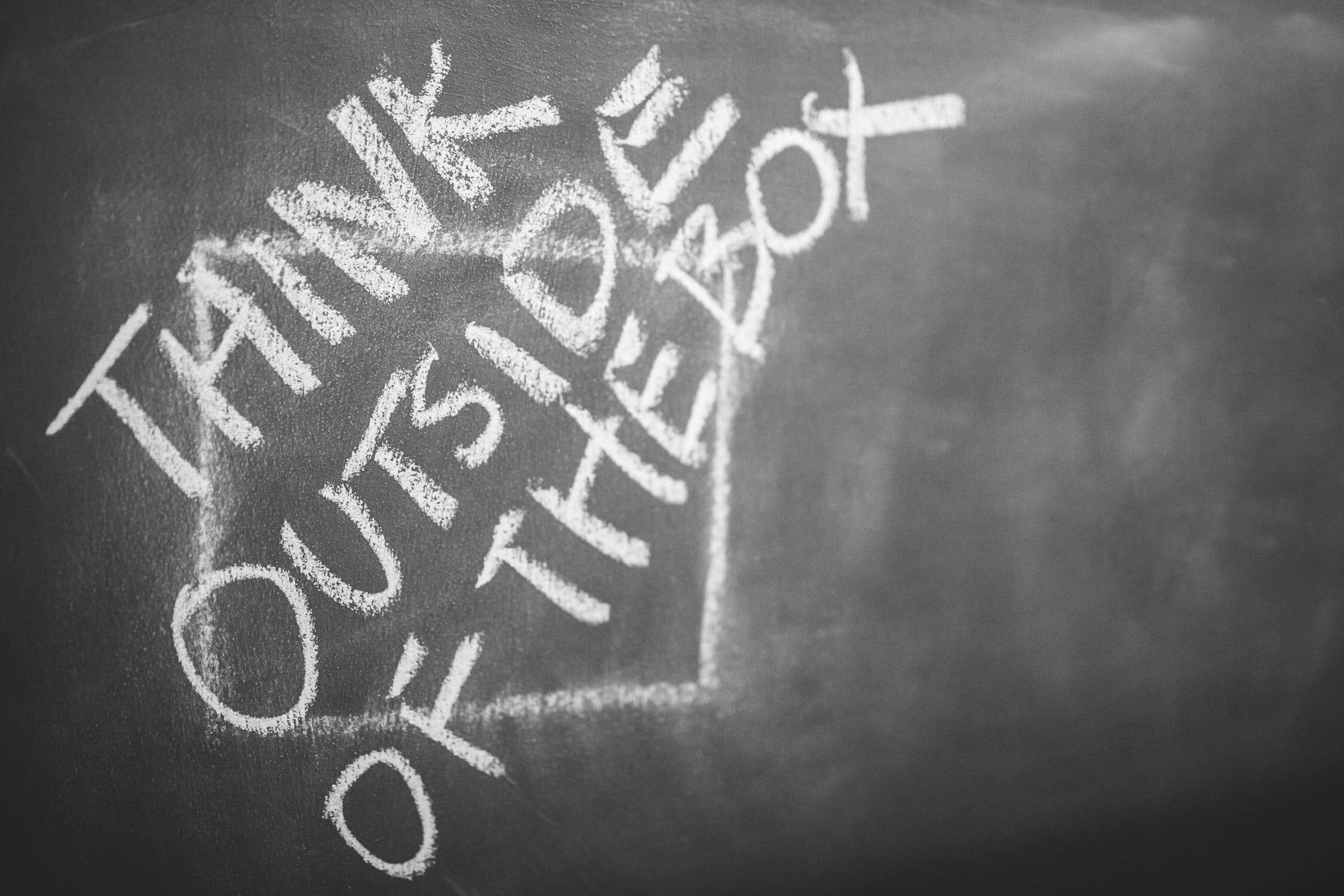‘Big Five Model’ of Personality Traits

The research of the Big Five Personality traits started with the research of D.W Fiske (1949) and later expanded by various researchers like Paul Costa and Robert McCrae. The “big five” are broad categories of personality traits. The “Big Five Model of Personality traits” is useful in understanding the big five personality traits of people across various cultures and backgrounds.
The controversy regarding the number of basic personality traits has taken an interesting turn in recent years. To learn all the “big five model”, you can use the acronym “OCEAN” or ‘CANOE’:
- O: Openness to experience (level of curiosity and creativity)
- C: Conscientiousness (level of work ethic and organization)
- E: Extraversion (level of enthusiasm and sociability)
- A: Agreeableness (level of kindness and friendliness)
- N: Neuroticism (level of calmness and tranquility)
For example, a person having intellectual behavior and extraversion has both creativity and sociability. However, a person having a combination of high intellect and high extraversion is humorous and witty. On the other hand, a person who is high in Intellect but low in Extraversion reveals the quality of being “reflective”.
The Big 5 Personality traits
The “Big Five Personality traits” are described below:
1. Openness
This personality trait comprises imagination and insights. People having such traits tend to have a broad array of stakes. They are eager to learn new things and are curious about the people and the world. They like to enjoy new experiences. They are more creative and adventurous.
The sub traits of openness domain are:
- Artistic interests
- Imagination
- Adventurousness
- Liberalism
- Intellect
- Emotionality
However, people low in this trait struggle with abstract thinking and are more traditional. For a better understanding, we have adjoined all the related points in a table. You may refer to the table below to check if your traits are related to openness.
High to Openness
|
Low to Openness |
| ● Highly creative | ● Resists new ideas |
| ● Open to trying new things | ● Does not enjoy changes and new things |
| ● Focuses on tackling challenges | ● Not ready to tackle challenges and kind of conservative |
| ● Focuses on abstract concepts | ● Dislikes theoretical or abstract concepts |
- I am quick at understanding things (high).
- I am full of ideas (high).
- I have excellent ideas (high).
- I am not interested in extraction (low).
- I am not interested in imagining things (low).
- I cannot understand abstract ideas (low).
2. Conscientiousness
Conscientious types of people have a high level of goal-oriented behaviors, thoughtfulness, and good impulse control. These types of people focus on details and look organized. They are mindful of deadlines, think about their behaviors and always plan ahead. They are inflexible and boring. However, all these traits indicate success. They have a need to achieve things at any cost.
Research shows that conscientious people’s traits are related to job performance across different types of occupations. This reflects that a person having a conscientious trait is suitable for a job.
The sub traits of conscientiousness domain are:
- Orderliness
- Self-efficacy
- Achievement-striving
- Cautiousness
- Self-discipline
- Dutifulness
For a better understanding, we have adjoined all the related points in a table. You may refer to the table below to check if your traits are related to conscientiousness
High to Conscientiousness |
Low to conscientiousness |
| ● Spends time in preparation of schedules and structures | ● Dislikes structures and schedules |
| ● Finishes important tasks instantly | ● Doesn’t care about things and messes up in the end |
| ● Pays attention to details | ● Fails to pay attention and do not return things on time |
| ● Enjoys structure and schedules | ● Procrastination of significant tasks |
| ● Disciplined | ● Never completes tasks on time |
Examples:
- I pay focus on details (high)
- I do all the work right away (high).
- I am excited about this (high).
- I will never forget my belongings (high).
- I always follow a structure (high).
- I don’t pay attention to details (low).
- I am not excited (low).
- I don’t like to follow structures and schedules (low).
Read More: An Overview To Types of Anxiety Disorders & Therapies
3. Extraversion
Extraversion or extroversion have a high level of emotional expressiveness, sociability, excitability, talkativeness, and assertiveness. Such people have a tendency to gain energy from social situations. Being around people makes them feel excited and energized.
But for people with low extraversion may require quite some time to “recharge” in social situations.
A person who finds themselves as “extraversion” is the life of the parties. For such people, jobs that require a great deal of interaction with people are suitable like teaching, public relations, and sales.
The sub traits of extraversion domain are:
- Assertiveness
- Gregariousness
- Friendliness
- Activity level
- Cheerfulness
- Excitement-seeking
For a better understanding, we have adjoined all the related points in a table. You may refer to the table below to check if your traits are related to extraversion.
Read More: A Guide to Boost Your Self-Esteem Like Never Before
High towards Extraversion |
Low towards Extraversion |
| ● Enjoys being the center of attraction or attention | ● Prefers solitude |
| ● Initiate conversations | ● Fears socialization |
| ● Have a wide social circle of acquaintances and friends | ● Have a small circle of friends |
| ● Enjoys meeting new people | ● Dislikes meeting new people |
| ● Easily make friends | ● Thinks before speaking |
| ● Feels energized with new people | ● Dislikes being in the “limelight” |
| ● Speak without giving a thought | ● Conservative |
Examples:
- I enjoy wherever I go (high).
- I enjoy being the center of attraction at the parties (high).
- I love to initiate conversations (high).
- I am quiet around strangers (low).
- I think a lot before acting or speaking to strangers (low).
- I don’t like talking with strangers (low).
- I don’t like being a center of attraction at parties (low).
4. Agreeableness
“Agreeableness” dimension of personality comprises attributes such as affection, kindness and other prosocial behaviors. People having a high level of agreeableness are cooperative. However, people with a low level of agreeableness are more manipulative and competitive. These people generally have an optimistic view and easily get along with other people (better at socializing). Meanwhile, a person having low agreeableness is quite opposite than the higher ones. They are quite unfriendly, uncooperative and distant in nature.
It has been observed that Agreeableness has an obvious advantage for maintaining harmony and building teams at workplaces. The fact is agreeable people are more likable. However, people having a low agreeability dimension often makes excellence in critics, scientists or soldiers.
The sub traits of agreeableness domain are:
- Morality
- Trust
- Altruism
- Modesty
- Cooperation
- Sympathy
For a better understanding, we have adjoined all the related points in a table. You may refer to the table below to check if your traits are related to agreeableness.
High towards Agreeableness |
Low towards Agreeableness
|
| ● Great interest in other people | ● Takes little interest in others |
| ● Caring | ● Not caring |
| ● Empathetic and concerned | ● Non-empathetic and do not concern about other people |
| ● Enjoys contributing and helping for the happiness of other people | ● Do not take interest in the problem of others |
| ● Assists the needy people | ● Insults and belittles people. Manipulative. |
Examples:
- I am interested in listening to problems (high).
- I am empathetic towards my peers or friends (high).
- I am kind and soft hearted (high).
- I sympathize for the sake of my friends or folks (high).
- I am not really interested in the problems of others (low).
- I am not at all empathetic (low).
- I insult and manipulate my friends or peers (low).
- I do not have any concern for others (low).
5. Neuroticism
Neuroticism is one of the dimensions of personality trait characterized on the basis of moodiness, sadness, and emotional stability. Such people tend to experience anxiety, mood swings, sadness, and irritability. However, people having less “neuroticism” are more emotionally resilient and stable.
On the other hand, a person having high “neuroticism” has a tendency of experiencing negative emotions. The fact is people who are free from negative thinking or feelings does not mean that they experience a lot of positive feelings. The latter is a trait of the extraversion trait.
A person who experiences a high level of neuroticism has a chance of feeling threatened or being moody in normal situations also. They find difficulty in thinking clearly and coping with stress.
Meanwhile, people who have a high level of emotional stability are highly preferred in professions as they can easily control their emotions at the workplace. On the other hand, people with less emotional stability tend to get easily distracted with deadlines, work, pressure, and personal situations.
The sub traits of neuroticism domain are:
- Anger
- Anxiety
- Self-consciousness
- Vulnerability
- Immoderation
- Depression
For a better understanding, we have adjoined all the related points in a table. You may refer to the table below to check if your traits are related to neuroticism.
High towards Neuroticism
|
Low Towards Neuroticism
|
| ● Experiences stress | ● Emotionally stable |
| ● worried | ● Deals with little stress |
| ● Gets upset easily | ● Rarely depressed or sad |
| ● Experiences mood swings | ● Relaxed and calm |
| ● anxious | ● Calm mind |
| ● Struggles to bounce back | ● Mushy |
Examples:
- I get stressed out easily (high).
- I get upset easily (high).
- I worry about things (high).
- I get irritated easily (high).
- I am calm and relaxed most of the time (low).
- I do not get manipulated by people (low).
- I do not worry a lot about things (low).

This blog covers the big five personality traits from which you can test or evaluate your personality. However, there are various tests available which you can take online easily. Additionally, all related theories to “big five model of personality” are available on google and easily accessible.
I hope you like this article. If you have any questions or suggestions regarding the blog, please comment down in the section below. For more such informational content, follow Calm Sage!
You Might Like These Also:
Best Foods That Help To Reduce Anxiety
Step Into The Light- Acceptance Is The Key
Change Your Mindset And Reduce Anxiety

























That's really a good work done here by the writer. It is pretty knowledgable . I am sure it would be very helpful for people who don't know much about their personality traits. I learned a lot about my personality after reading it. Though I have a question for the writer that can a person has both (low as well as high ) traits?? I mean mixed personality traits?
Hi Raj, Thank you so much for your kind words. Yes, a person can have mixed personality traits. Keep reading more @calmsage.com
Thank you so much for your kind words...keep reading!